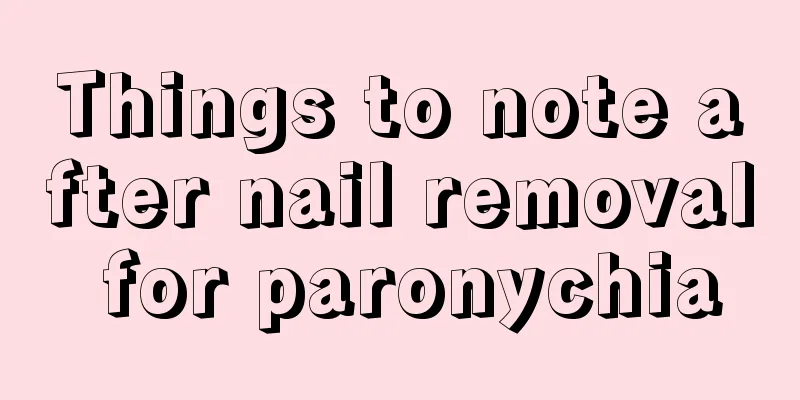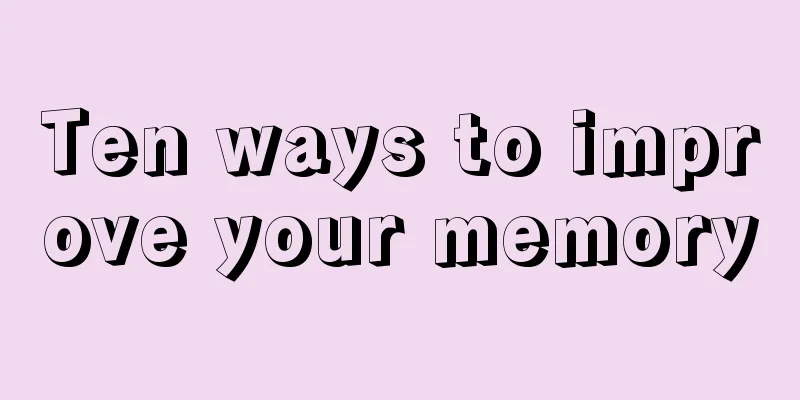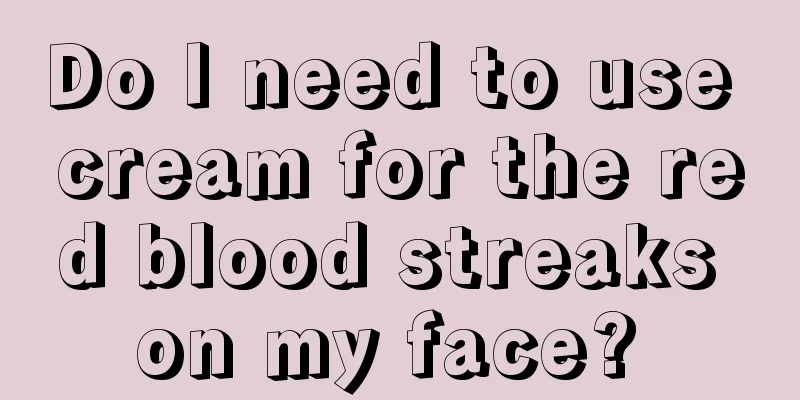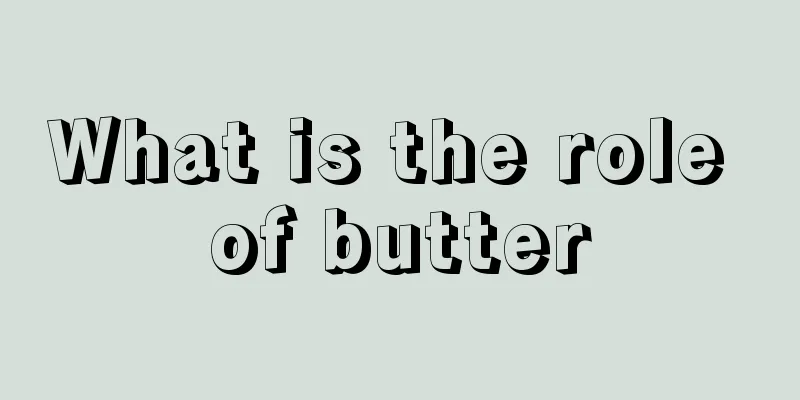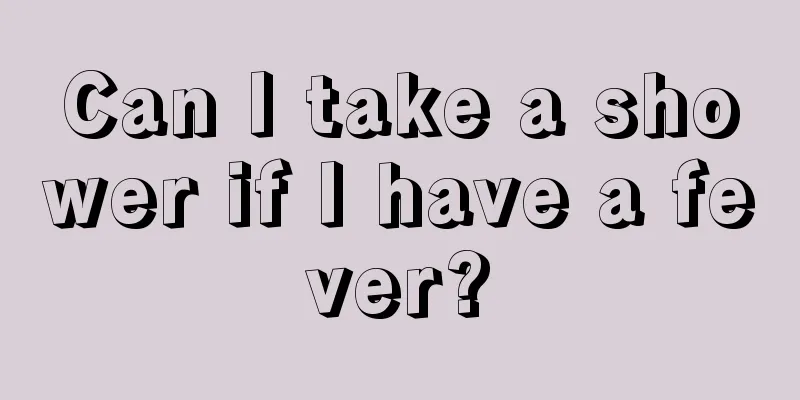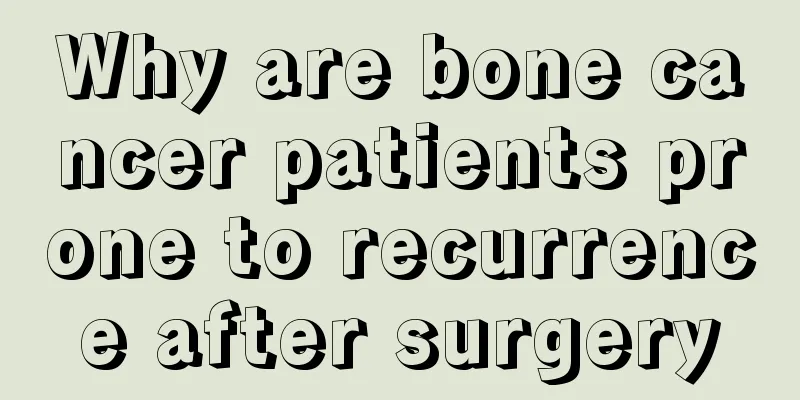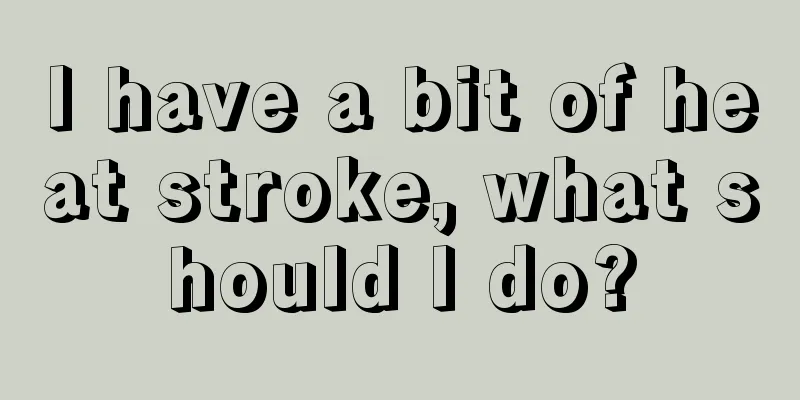Will the pain still persist after the tooth is pulled out?
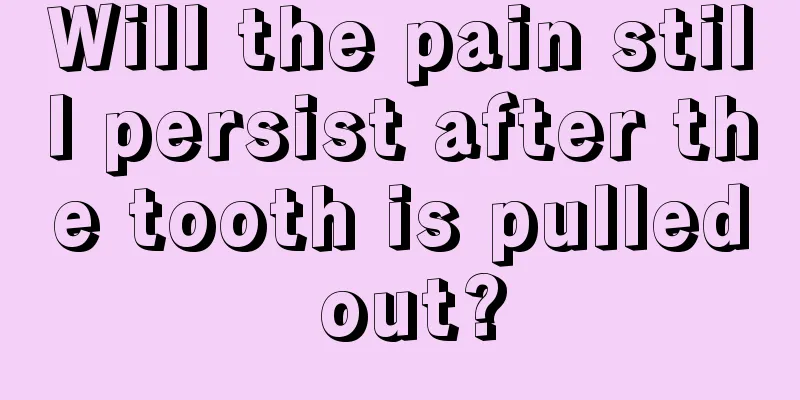
|
Tooth extraction is a common method used to treat various dental diseases, especially when treating cavities and wisdom teeth, the teeth usually need to be extracted. In addition, some serious diseases that cause severe tooth pain can also be treated by tooth extraction. If you take good care of yourself after tooth extraction, you will generally not experience toothache again. 1. Indications for tooth extraction ① Various dental diseases cannot be cured. ② Those who have symptoms of various misplaced teeth, impacted teeth and impacted teeth. ③ Pathogenic teeth or diseased teeth that cause other diseases. ④ The last misaligned tooth without an opposing tooth. 2. Contraindications of Tooth Extraction If the patient suffers from blood disease, cardiovascular disease, hyperthyroidism, diabetes, liver and kidney disease, acute infectious diseases, or has local acute inflammation, malignant tumors, and radiotherapy, tooth extraction can worsen the condition and endanger life and health. Therefore, teeth should not be extracted during the acute phase of the above diseases. Preventive and control measures should also be taken during the stable period, and tooth extraction should be performed with caution. Women should be cautious when having teeth extracted during menstruation. 3. Things to note when extracting teeth 1. After tooth extraction, the gauze or cotton ball on the wound needs to be bitten for about half an hour to 45 minutes before spitting it out. If there is saliva when biting the gauze, please swallow it normally. If there is still slight bleeding after removing the gauze, keep the gauze aside for 1 hour. If it still doesn’t work, please contact your doctor again. A small amount of blood in your saliva is normal for 24 hours. Don't be alarmed if your saliva is slightly bloody, but if the blood continues to appear, please contact your doctor. 2. After tooth extraction, you can rest in a semi-recumbent position, but do not lie flat on your back. Do not take a hot bath immediately to avoid bleeding from the wound. 3. You can eat or drink after 2 hours of tooth extraction. You can eat liquid or semi-liquid food, but avoid eating hard or overheated food. It must be noted that soft food should be eaten after 2 hours; food should not be overheated, and chewing with the side where the tooth was extracted should be avoided. Otherwise, if you do not pay attention to the above points before the blood clot is completely organized, it may cause the blood clot to be destroyed and cause bleeding. 4. Do not engage in strenuous exercise or heavy physical labor, drink alcohol, play musical instruments, suck on the wound, or rinse your mouth on the day of tooth extraction. 5. After the anesthetic wears off, there will be a slight pain in the tooth extraction wound, but generally no medication is needed. If there is fever, severe pain, swelling or heavy bleeding, you should seek medical attention immediately. 6. Except for the third molars and supernumerary teeth, most adults need to install dentures after tooth extraction. They can go to the hospital or dental clinic to install them about 2 months after extraction. |
<<: Eating fish causes toothache, is that ok?
>>: Why does my tooth hurt after drinking alcohol?
Recommend
I have no strength and my head feels dizzy
Sometimes people may find that they have no stren...
How to store raw wontons
I believe many people are familiar with wontons, ...
What to eat to prevent esophageal cancer
Esophageal cancer has always troubled us in life,...
Symptoms of trace element deficiency in the human body
Trace elements are particularly important for hum...
It is effective if men and women do it for a few minutes every day
What are the benefits of pelvic floor exercises f...
What is the most effective way to prevent skin aging
If you want to effectively prevent skin aging, yo...
What should you pay attention to in your diet after radiotherapy for liver cancer? Five key points to know about diet after radiotherapy for liver cancer
First, a balanced diet, with a proper combination...
What are the nursing measures for breast cancer
What are the nursing measures for breast cancer? ...
How to wash ink on clothes
If you accidentally get ink on your clothes when ...
What are the clinical manifestations of ovarian cancer?
Ovarian cancer is one of the most common tumors o...
Symptoms of breast fibroids, what should we pay attention to when treating breast fibroids?
Breast fibroids are also a common disease among f...
How to distinguish nasopharyngitis from nasopharyngeal carcinoma
How to distinguish nasopharyngeal inflammation fr...
What are the benefits of washing your face with rice water
Rice washing water is common in daily life. Many ...
Will I get stomachache if I drink honey on an empty stomach in the morning?
Due to long-term irregular eating habits, more an...
What should I do if my gums are swollen due to a cold?
In daily life, many people will experience swolle...

